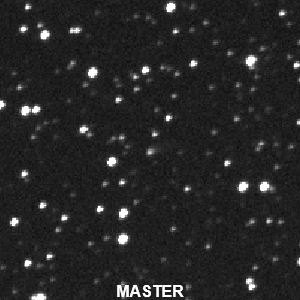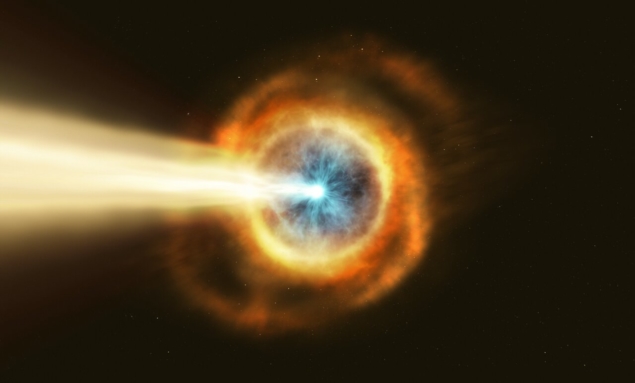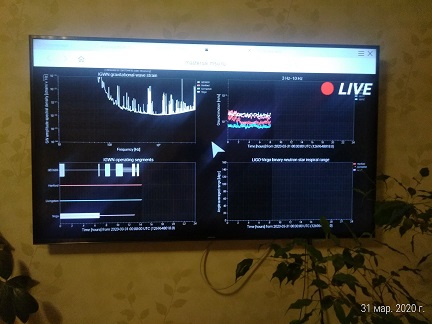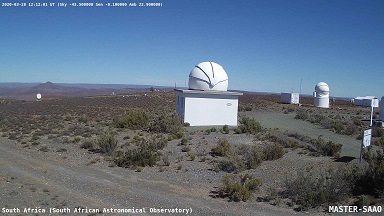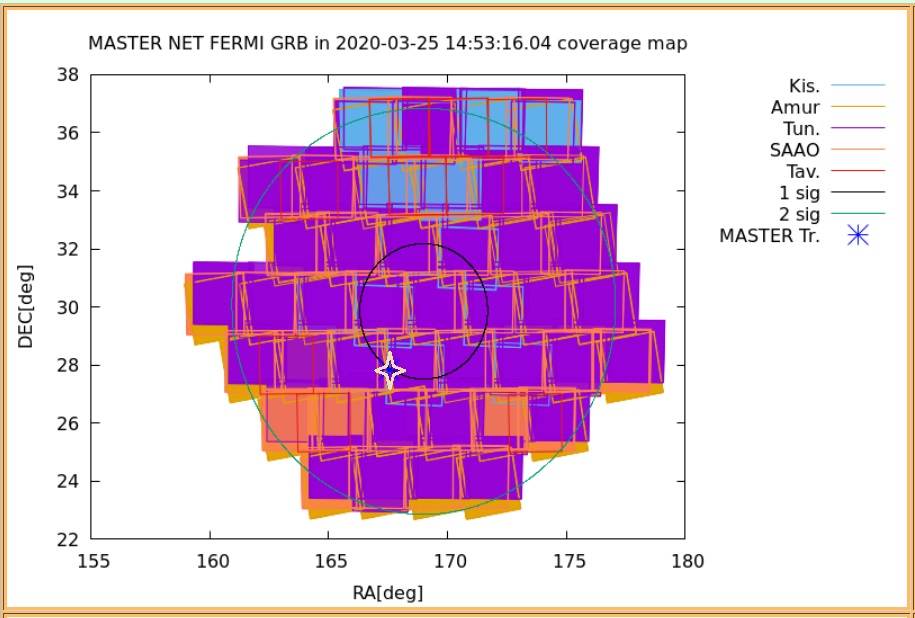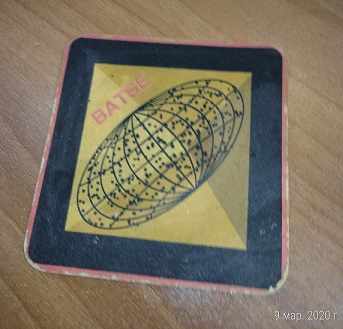|
- TITLE: GCN CIRCULAR
NUMBER: 27653
SUBJECT: Gagarin-day GRB 200412B: observations with the 3.6m Devasthal Optical Telescope
DATE: 20/04/26 11:12:48 GMT
FROM: Shashi Bhushan Pandey at ARIES, INDIA
Amit Kumar, S. B. Pandey, Amar Aryan, Brijesh Kumar and Kuntal Misra (ARIES Nainital),
on behalf of a larger GRB collaboration.
Fermi-GBM triggered GRB 200412B (GCNCs 27547, 27548i, 27558) prompt emissions
and high energy observations were also carried out by Fermi-LAT (GCNC 27557) and
other space-based facilities like Konus-Wind (GCNC 27581), ASTROSAT (GCNC 27563),
CALET (GCNC 27572) and HXMT (GCNC 27567). Categorised as a long-duration GRB,
Swift-XRT triggered and found a X-ray afterglow counterpart (GCNC 27561, 27600) decaying
typical to those seen in case of other long duration bursts at the epoch of observations.
Our joint spectral analysis of the combined Fermi GBM-LAT data yields E_peak ~ 250 +/- 18
keV and spectral slope \beta ~ -2.8 +/- 0.4 above 100 MeV, similar to those reported in
GCNC 27558 and GCNC 27581. Once used with the empirical Amati relation, the estimated
value of the E_peak and the observed fluence values (GCNC 27558, GCNC 27581) place a
constrain of the redshift to be 0.3 < z < 1.5 for GRB 200412B.
The optical counterpart of the Gagarin-day burst was discovered by MASTER group of
telescopes (GCNC 27555, 27556) and follow-up observations were continued by several
ground-based facilities (GCNCs 27564, 27566, 27567, 27567, 27570, 27571, 27574, 27575,
27576, 27583, 27593, 27598, 27604, 27605 and 27610).
Late time follow-up observations of the optical counterpart were initiated using the 4Kx4K CCD
Imager (Pandey et al. 2017, arXiv:1711.05422v1) mounted at the axial port of the 3.6m
Devasthal Optical Telescope of ARIES Nainital starting on 15th April and continued till 25th April
2020. Multiple frames having exposure times of 360s each were taken in various broad-band filters
including Ic, Rc and g-bands. A fading afterglow candidate was clearly seen in single as well as in
stacked frames decayed around ~ 3 mag during our observing run. We report following preliminary
brightness of the optical afterglow seen in our stacked frames calibrated against UNSOB1 and
PanSTARRS nearby stars.
Start time, 23 April 20.61 UT, 360*12, Rc, 24.62+/-0.12, seeing ~ 0.8 arcsec
Start time, 24 April 19.71 UT, 360*10, g, 25.21+/-0.10, seeing ~ 0.9 arcsec
Once clubbed along with published GCNC values in R-band, our late time observations indicate towards
a power-law decay nature of the afterglow as seen in case of other well-monitored afterglows. The temporal
decay index between one day to the epoch of our observations demand a power-law temporal flux-decay
index of ~ 1.78+-0.15. This temporal decay is similar to those seen at XRT frequencies and might indicate
towards possible early time jet-break, if any. It is also to be cautioned that possible underlying host galaxy
contamination to our late time Rc-band stacked frames can not be ruled out. Detailed analysis of the data is
ongoing.
To decipher about late time nature of the temporal decay of the afterglow and to detect the host galaxy or
possible underlying supernova, observations using bigger optical-NIR facilities are encouraged.
This circular may be cited.
3.6m Devasthal Optical Telescope (DOT) is a recently commissioned facility in Northern Himalayan region of India
(long:79 41 04E, lat:29 21 40N, alt:2540m) owned and operated by the Aryabhatta Research Institute of
Observational Sciences (ARIES), Nainital (https://www.aries.res.in). Authors of this GCN circular thankfully
acknowledge consistent support from the staff members to run and maintain the 3.6m DOT and specially to
Director ARIES to make these observations possible during the ongoing COVID19 triggered lock-down phase.
https://gcn.gsfc.nasa.gov/gcn3/27653.gcn3
|



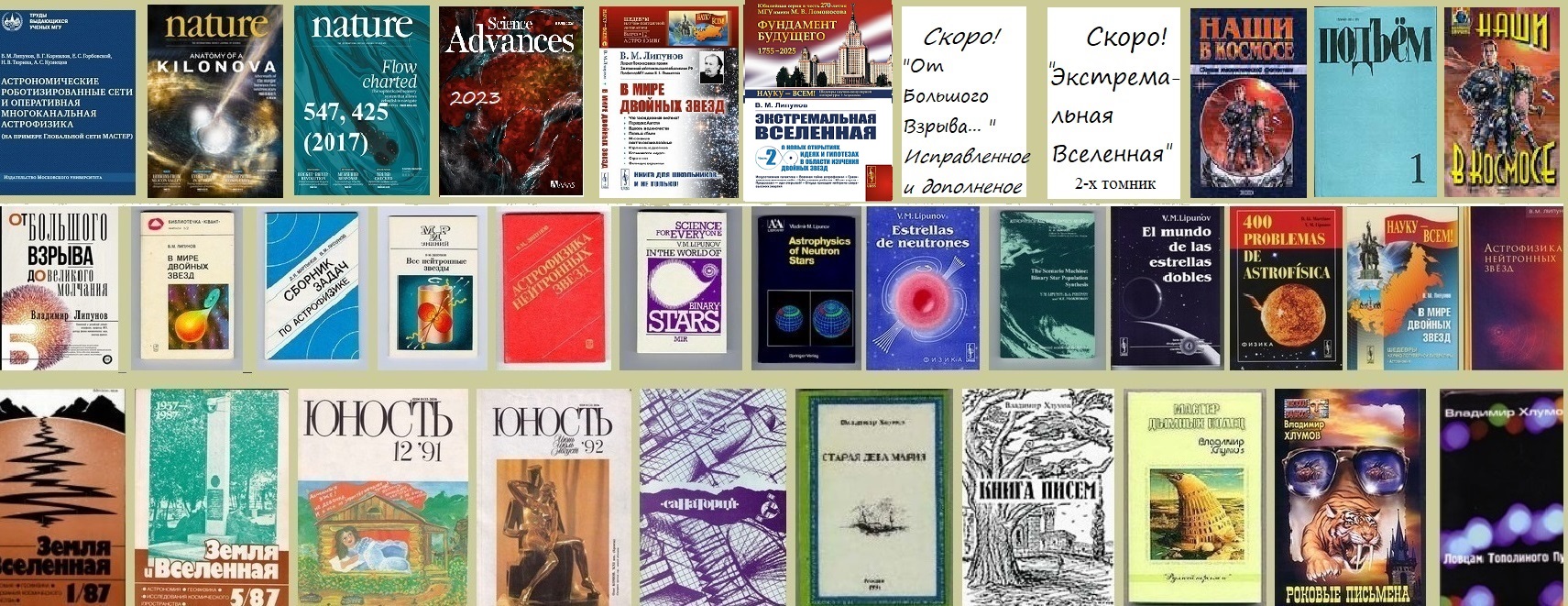

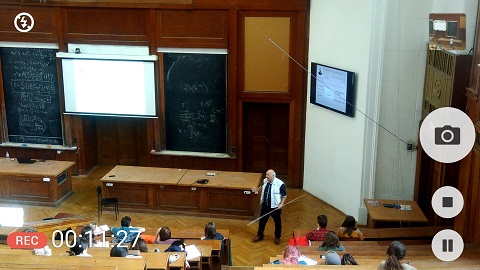


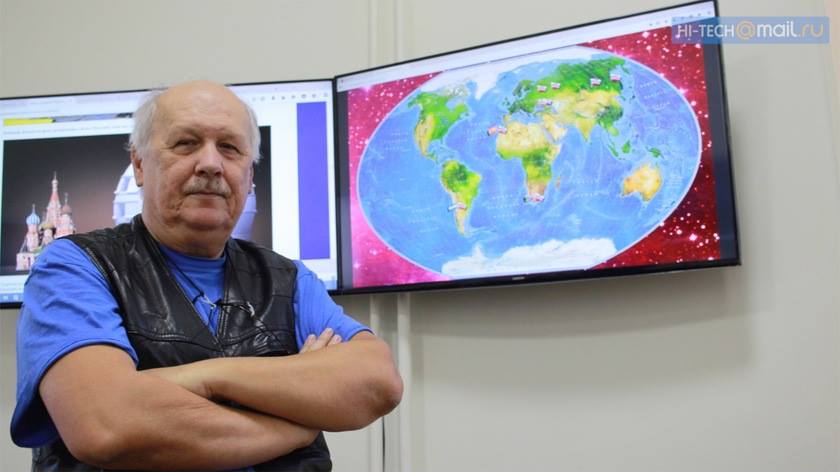


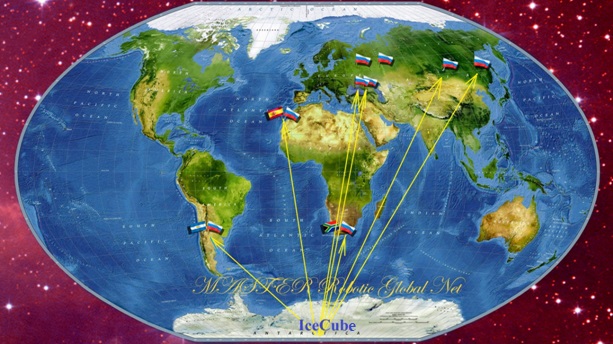
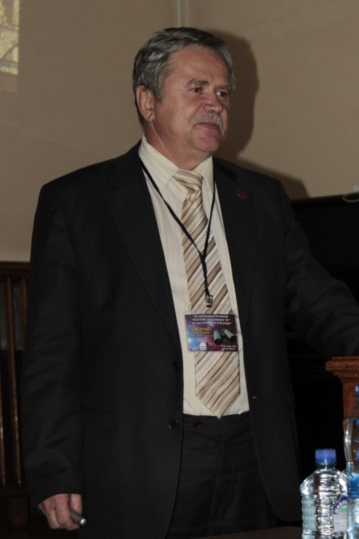
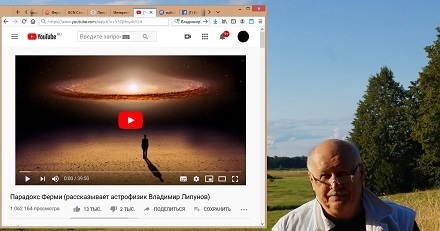

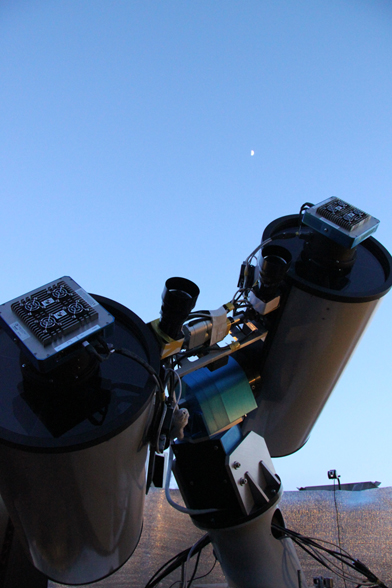
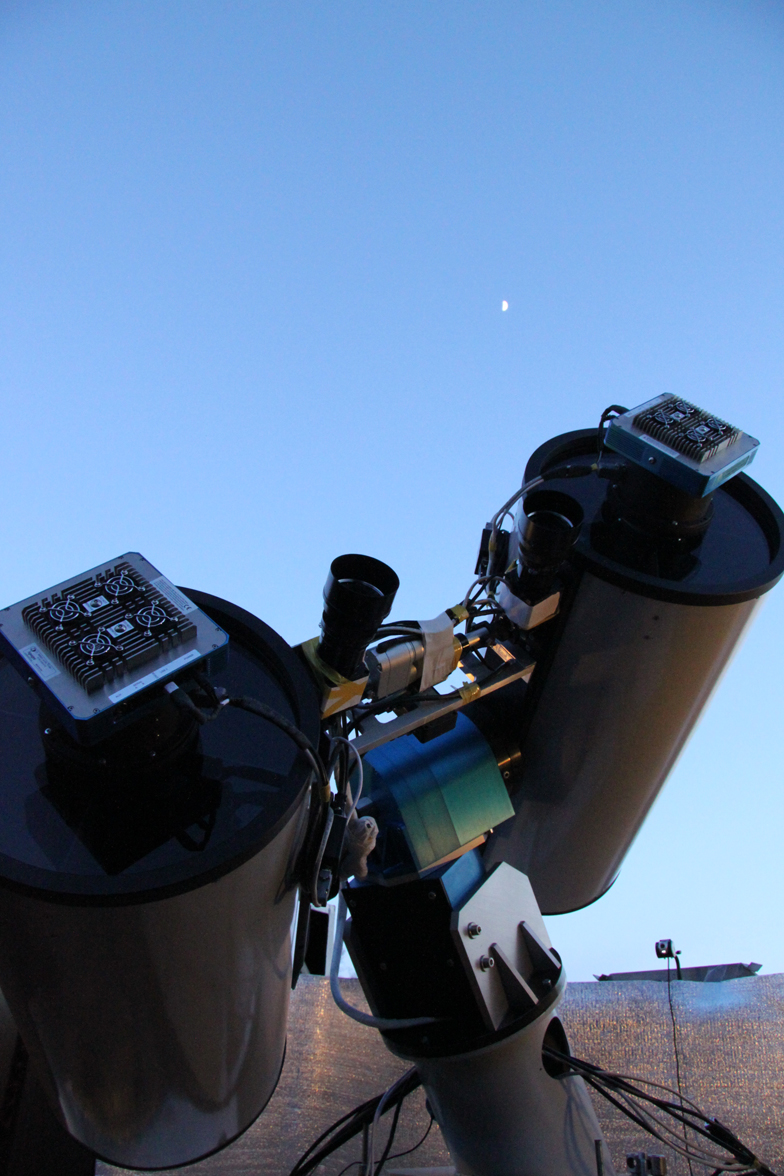 �
�